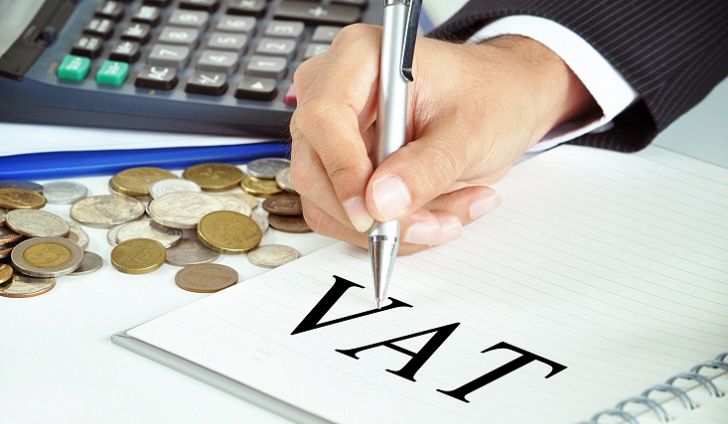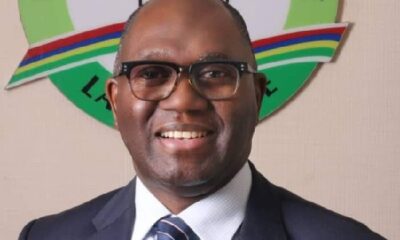- MAN Urges FG to Halt 50% Increase in VAT
The Manufacturers Association of Nigeria has called on the Federal Government to jettison the idea of increasing the Value Added Tax by 50 per cent.
MAN President, Mansur Ahmed, made this call on Wednesday, during the 35th Annual General Meeting of the Rivers/Bayelsa Branch of the association, held in Port Harcourt.
Ahmed explained that the insistence on upward review of VAT would be counterproductive, especially in the light of the non-implementation of the long-awaited minimum wage.
He also said that MAN had discussed with the Federal Inland Revenue Service with a view to addressing the numerous challenges in the tax system, adding that the result of such engagement was currently being felt in the nation’s business environment.
‘’We have advised the government to jettison the idea of increasing VAT by 50 percent as recommended by the Federal Ministry of Finance. We have clearly stated that such move will be counterproductive especially in the light of the still awaited minimum wage,’’ he stressed.
The MAN president lauded President Muhammadu Buhari for consulting widely before signing the African Continental Free Trade Area Agreement in Niamey, Niger Republic.
Ahmed assured MAN members that the Federal Government was committed to enhancing the capacity of Nigeria’s manufacturing sector to take advantage of the opportunities inherent in the continental free trade area and to mitigate the numerous risks.
Earlier in his remarks, the MAN Chairman, Rivers/Bayelsa Branch, Senator Adawari Pepple, observed that the manufacturing sector was going through many challenges, including poor electricity supply and double taxation.
Pepple explained that the theme of the AGM; ‘Redeeming our Economic Potential through Manufacturing’, was necessitated by the fact that manufacturing had continued to be the key driver of rapid economic growth and the creation of employment.
He expressed the need for the country to revamp its critical industries, saying, “If we ignore the role of manufacturing in Nigeria as a tool for redeeming our economic potential, such act will be at our own peril.
“However, the role of manufacturing in stimulating employment, directly or indirectly, is complex and requires careful analysis. Manufacturing plays an irreplaceable role in driving growth and economic development.’’
Explaining that the solution to unemployment lies in manufacturing, Pepple urged government at all levels to always reach out to MAN when policies with direct bearing on the manufacturing sector and the economy were being designed.




 Forex3 weeks ago
Forex3 weeks ago




 Naira2 weeks ago
Naira2 weeks ago
 Billionaire Watch2 weeks ago
Billionaire Watch2 weeks ago




 Naira2 weeks ago
Naira2 weeks ago




 Naira2 weeks ago
Naira2 weeks ago




 Naira1 week ago
Naira1 week ago




 Naira4 weeks ago
Naira4 weeks ago




 Naira3 weeks ago
Naira3 weeks ago















